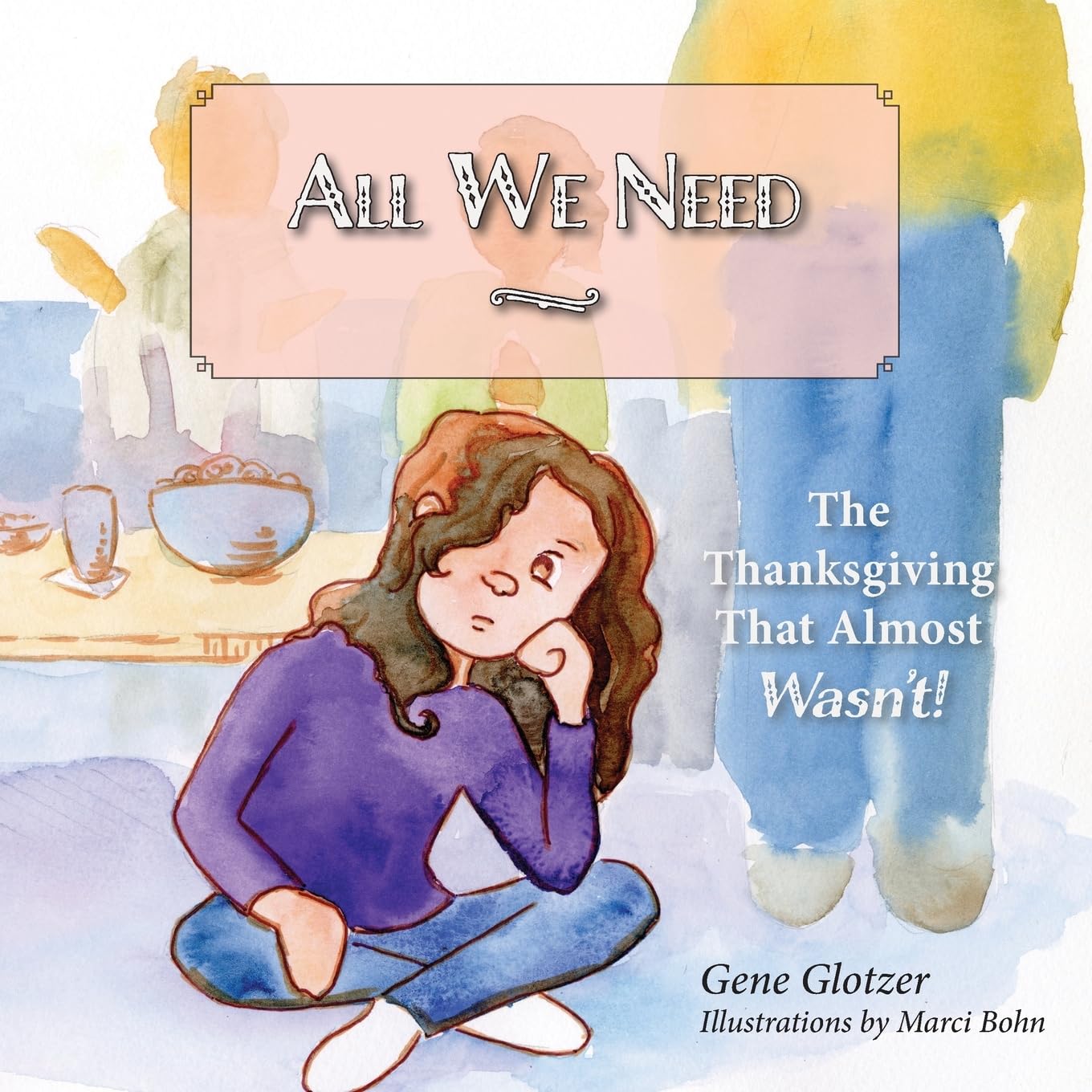Lyrics don’t normally matter to me. I barely even notice them. But one set of lyrics I find myself thinking about quite a bit is “If I Fell” by The Beatles:
If I fell in love with you
Would you promise to be true
And help me understand
‘Cause I’ve been in love before
And I found that love was more
Than just holding hands
If I give my heart to you
I must be sure
From the very start
That you would love me more than her
If I trust in you oh please
Don’t run and hide
If I love you too oh please
Don’t hurt my pride like her
‘Cause I couldn’t stand the pain
And I would be sad if our new love was in vain
So I hope you see that I
Would love to love you
And that she will cry
When she learns we are two
‘Cause I couldn’t stand the pain
And I would be sad if our new love was in vain
So I hope you see that I
Would love to love you
And that she will cry
When she learns we are two
If I fell in love with you
The reason I find it so fascinating is there are two possible interpretations.
The different possibilities arise from the use of the word “her” at the end of the second and third stanzas. The obvious interpretation is that the narrator is afraid that this relationship might end up like his last relationship. But that interpretation relies on bad grammar. “Her” is properly used as an object. “She” is properly used as a subject. So “she” acts and “her” is acted upon. Most people hear the line, “That you would love me more than her,” and assume that she would love him more than his ex loved him. It seems reasonable, but if that were the case, the line should be, “That you would love me more than she.” It happens again in the next stanza. “Don’t hurt my pride like her,” sounds like it should mean don’t hurt my pride like my ex hurt my pride. But, again, to be correct for that interpretation, the line would have to be, “Don’t hurt my pride like she.”
However, if you leave the word “her”, the song still makes sense. But instead of the narrator worrying that this relationship will wind up like his last relationship, it is the narrator wondering if his new girlfriend is going to treat him as badly as she treated her ex girlfriend. If “her” is left alone and assumed to be grammatically correct, the line, “That you would love me more than her,” is a way of saying that the narrator’s new girlfriend didn’t really love her ex girlfriend. And , “Don’t hurt my pride like her,” is the narrator asking his new girlfriend not to hurt his pride like she hurt her ex girlfriend’s pride. It works without any substitutions.
Which interpretation should we favor? I think that just comes down to personal preference. But I like the second, grammatically correct interpretation better. For one, it’s what the lyrics actually say, and that’s usually the best way to interpret a text. But, it also makes the song wildly progressive for 1964. Looked at this way, it is a song about a guy, his bisexual girlfriend and her lesbian ex. At that point in time, parents were afraid of The Beatles because of their long hair. Imagine if the parents knew what they were really singing about.







